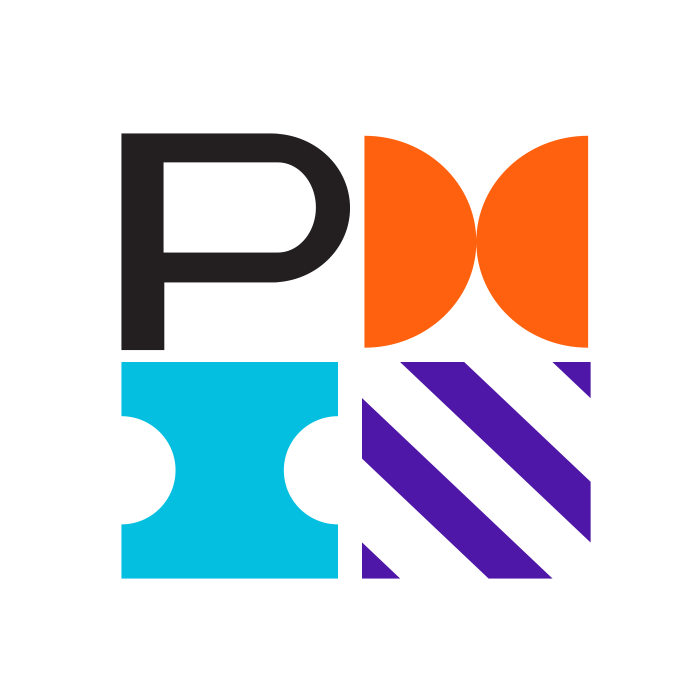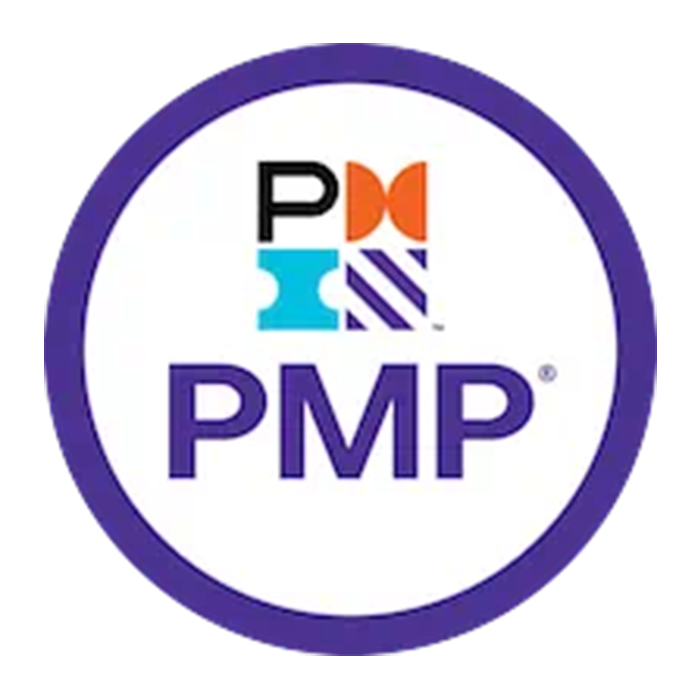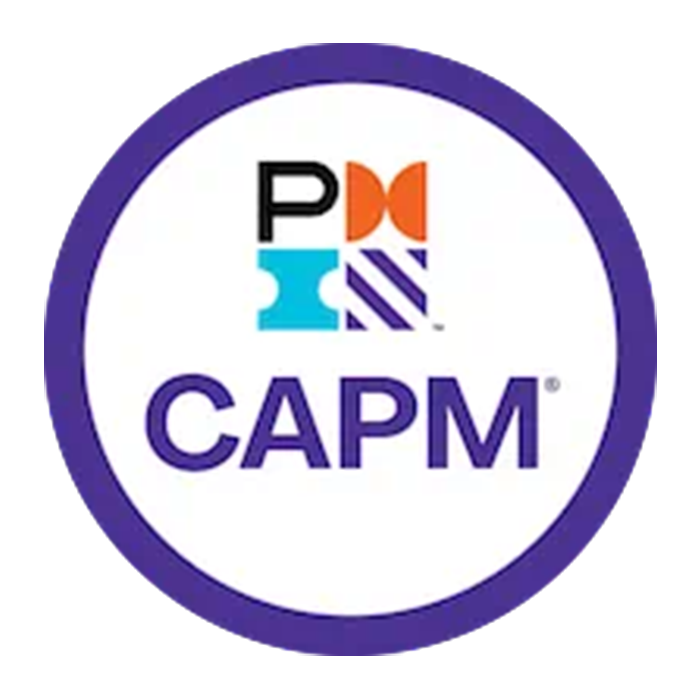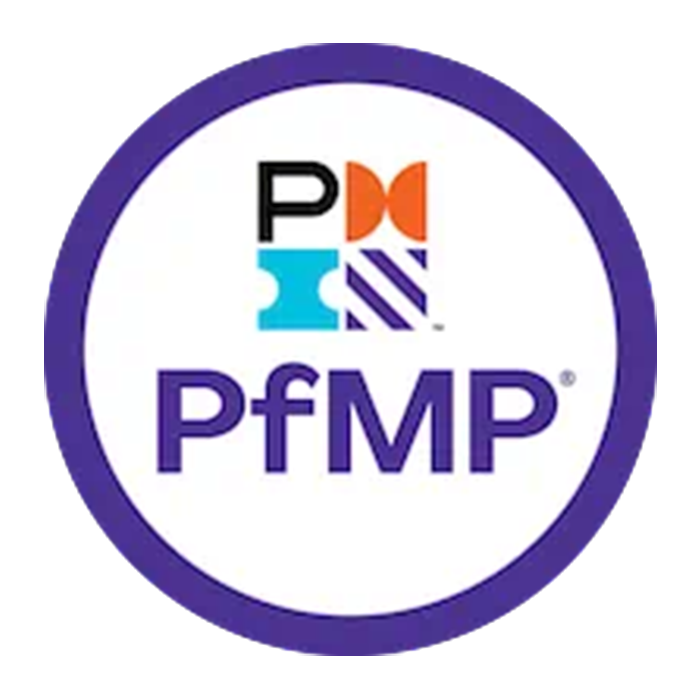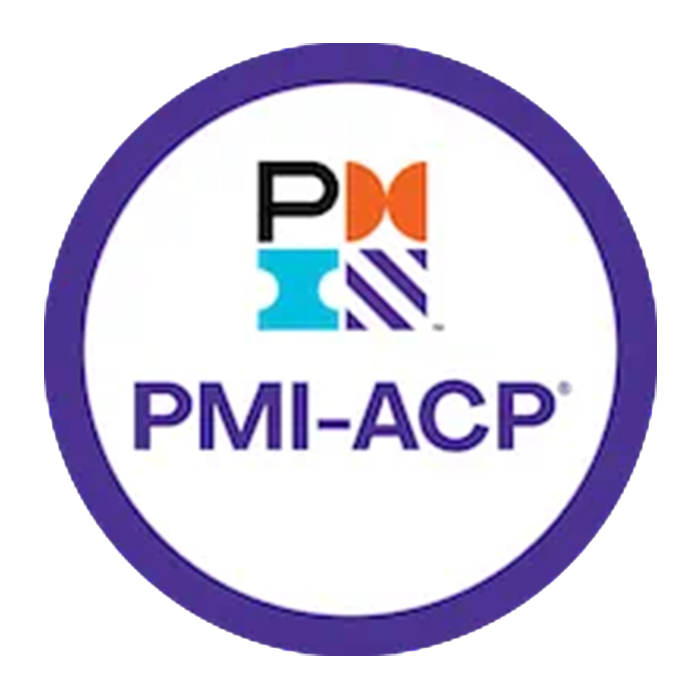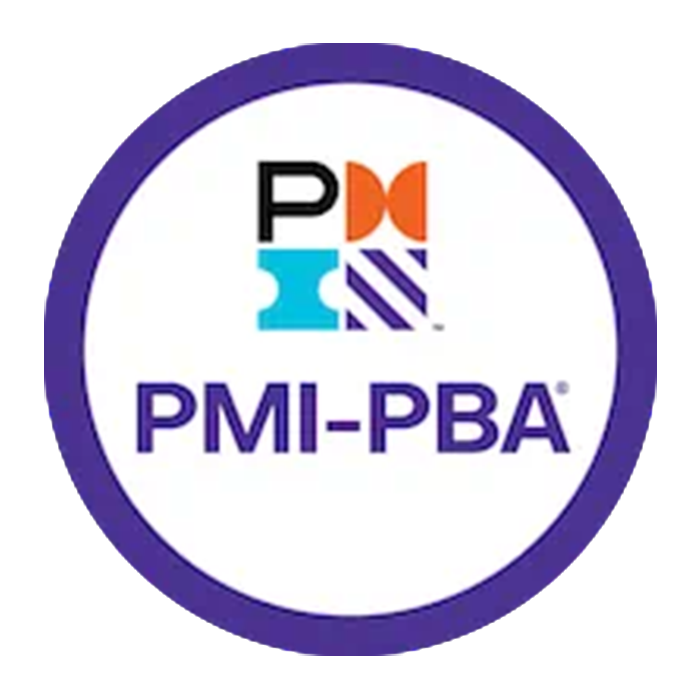Products Description
PMI Certification refers to a suite of globally recognized credentials offered by the Project Management Institute (PMI) to validate skills and expertise in project, program, and portfolio management. These certifications are based on industry standards and frameworks, such as the PMBOK® Guide (Project Management Body of Knowledge) and Agile practices, making them highly respected in the project management profession.
1. Key PMI Certifications
PMP® (Project Management Professional):
Recognized worldwide, it validates advanced project management skills and experience.
CAPM® (Certified Associate in Project Management):
Entry-level certification for individuals new to project management.
PMI-ACP® (Agile Certified Practitioner):
Focuses on agile methodologies, practices, and tools.
PgMP® (Program Management Professional):
For managing multiple related projects in a coordinated program.
PfMP® (Portfolio Management Professional):
Validates expertise in portfolio management strategies and execution.
PMI-RMP® (Risk Management Professional):
Specializes in risk management within project environments.
PMI-SP® (Scheduling Professional):
Focuses on project scheduling, planning, and maintenance.
2. Why Pursue PMI Certification?
Global Recognition: PMI certifications are respected across industries worldwide.
Career Advancement: Enhance job prospects and earning potential.
Skill Development: Learn standardized methodologies and best practices.
Diverse Options: Tailored certifications to match various career stages and focus areas.
PMI certifications equip professionals with the tools and knowledge to excel in managing projects, programs, and portfolios effectively across industries.
3.How to Get a PMI Certification?
Choose the Right Certification:
select the PMI certification that aligns with your career goals and experience, such as PMP, CAPM, or PMI-ACP.
Review Eligibility Requirements:
Check the specific qualifications for your chosen certification on PMI's official website.
For example:
PMP: Requires a secondary or four-year degree, project management experience, and 35 hours of formal project management education or training.
CAPM: Requires a high school diploma and 23 hours of project management education.
Complete the Application:
Create a PMI account and submit an application detailing your education, professional experience, and training.
Prepare for the Exam:
Use official resources like PMI’s online courses, the PMBOK® Guide, and practice exams.
Consider enrolling in a PMI Registered Education Provider (REP) training program or using third-party study materials.
Schedule and Take the Exam:
After your application is approved, pay the exam fee and schedule your test through PMI’s testing partner. Exams can be taken online or at an authorized testing center.
Pass the Exam:
Exams are based on multiple-choice questions (e.g., PMP includes questions on initiating, planning, executing, monitoring, and closing projects).
Maintain Your Certification:
PMI certifications require renewal every three years. Earn Professional Development Units (PDUs) by participating in relevant activities, such as training or volunteering.


